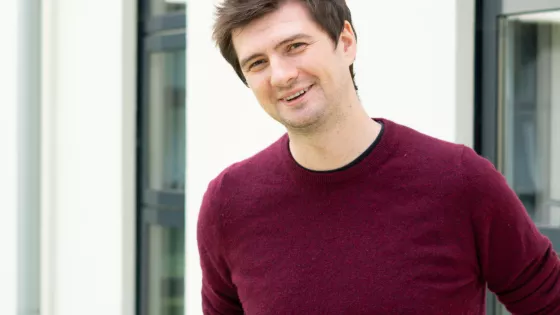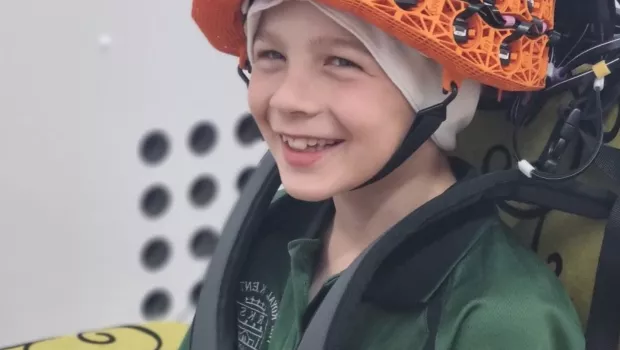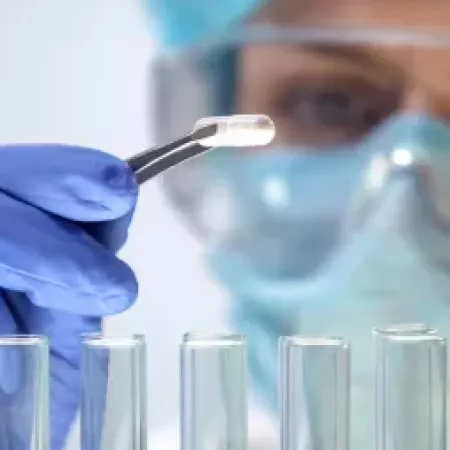We coordinate and fund epilepsy research into the causes, diagnosis and treatment of the condition, and its impact on all aspects of life for children, young people and their families.
We focus on three key workstreams, with over 40 current projects, some with international reach. Find out more about these below and how you can support, strengthen and fund our vital research work.
Our three key workstreams
Our research partnership is led by the Prince of Wales’s Chair of Childhood Epilepsy, Professor Helen Cross OBE, President of the International League Against Epilepsy, Director of UCL GOS-ICH and Young Epilepsy Trustee. We work in partnership with Great Ormond Street Hospital and University College London Great Ormond Street - Institute of Child Health across three key workstreams:
1. Understanding childhood epilepsies
Around half of people diagnosed with epilepsy never learn the cause of it. But the sooner we know the cause of someone’s epilepsy, the sooner we know how else it is affecting them, and how best to manage and treat it. Early epilepsy diagnosis is also better for the person’s understanding of their condition.
2. Outstanding treatment
Epilepsy treatments have not changed very much in recent years, and it can take a long time to find the right combination of treatments for each person. This is very hard on children, young people and their families. So, it is crucial that we make advances in imaging, surgery, dietetics, genomics, targeted treatments, and new medicines, if we are to effectively treat and one day perhaps cure, every epilepsy.
3. Outstanding support
It’s important to know what epilepsy is and how to treat it. But it’s also crucial that we tackle the wider challenges associated with growing up with epilepsy and treating childhood epilepsy. We can then put in place the right systems and supports for children, young people and their families.
For information about these studies and how your funding could help, please contact research@youngepilepsy.org.uk





